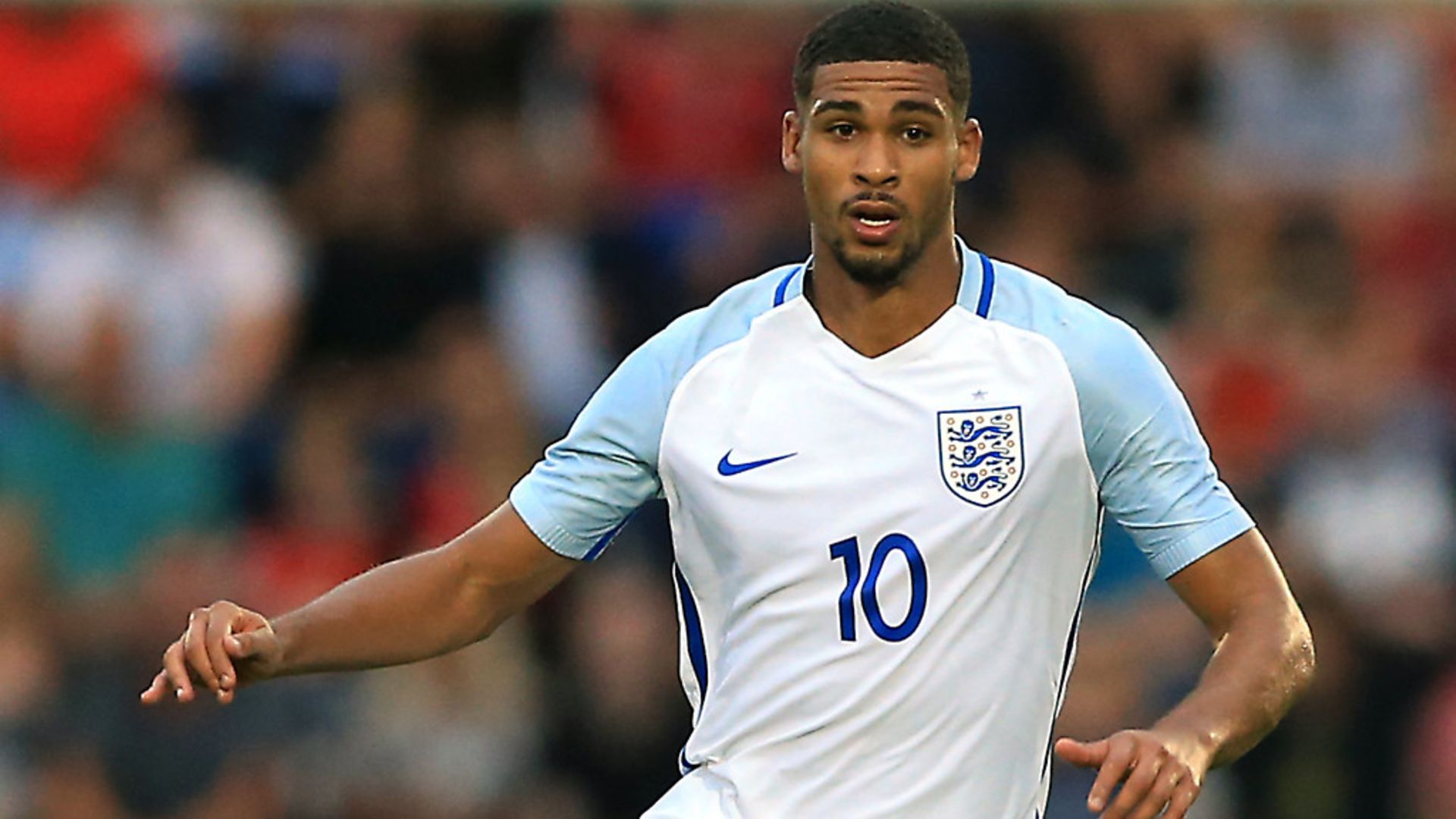
There’ll always be two Englands, says Yasmin Alibhai-Brown.
World Cup fever and hopes rise. Eng-er-land is hailed, cheered, baptized with anthems.
Listening in on conversations on Tubes and buses about the team and its prospects gives you insights beyond football. The nation is nervy, unsure of itself, veering between optimism and grim pessimism, between being open and being closed.
I sat near three oldish white men in a pub near Birmingham station. This is some of what I heard: today’s team, full of ‘nig-nogs and mongrels’, will get nowhere; the World Cup was won in 1966 because the players were Englishmen, ‘through and through’. So Trent Alexander-Arnold (whose mum is white), Raheem Sterling, Ashley Young and Ruben Loftus-Cheek fail the test. Here, on display was a particular strand of English nationalism, vulgar, brash and now revivified by Brexit.
But the English identity is intricate and complicated. Though these are, at present, the most visible, lurid, pink threads in the tapestry, there are many others too, understated, or subtly providing alternative shades. I love that most about the country I moved to more than 45 years ago. In different places and at different times, you see a different country, hear a different story. These variations go right back to the 17th century, perhaps even before that. In 1701, the writer Daniel Defoe wrote a satirical poem:
Thus from a mixture of all kinds began,
The het’rogenous thing, an Englishman
…a trueborn Englishman’s a contradiction
In speech an irony, in fact a fiction.
That made him the enemy of the people. In further editions, Defoe added a preface confessing he was gutted to find himself accused of abusing his fellow countrymen and explained: ‘had we been an unmix’d nation, it would have been to our disadvantage… those nations that are mix’d are best and have the least of barbarism and brutality among them’.
In the Edwardian period England was divided between inward islanders such as GK Chesterton and internationalists like JB Priestley. According to the cultural historian Patrick Wright, Chesterton’s Englishry ‘is a semi-instinctive theory of encroachment that allows the most well-placed man of the world to imagine himself a member of an endangered aboriginal minority’. The English Defence League adulates Chesterton.
Priestley, in contrast, like Defoe, believed that ‘The England admired throughout the world is the England that keeps open house’. Brexit conflicts have long roots.
Last week, the BBC’s Mark Easton broadcast mini-films about Englishness today. Predictably, he found defensive Englanders who felt aggrieved that while Scotland and Wales could claim their heritages, ‘England is treated like an embarrassing uncle at a wedding’.
The English flag is flouted on bosoms, chests, pubs, taxis and various venues but Englanders still feel persecuted and ignored. Easton shared some fascinating facts: 72% of older people feel English, while only 45% of younger people do. In Wales and Scotland, there is no such age gap. English patriots are more likely to be Conservative voters and Brexiters too. In their sad hearts lie pictures of bucolic England and hopeless nostalgia.
As Britishness becomes ever more diverse, this Englishness gets more protectionist and reactionary. Meanwhile receptive England reaches out, beckons global and EU migrants and Britons of colour, carries on transfiguring and metamorphosing.
That has opened up another battlefront between Englanders themselves. Those culture wars play out in families, pubs, sports grounds and streets too. The World Cup will raise intolerable dilemmas for wistful, fortressed Englanders: if the team does well, do they allow themselves to swell with pride and embrace the Defoe/Priestly version of England or turn away and mourn and wait in vain for the return of white England? In other words, which England will prevail after the World Cup, and after Brexit?
No one knows the answer to that question. Yet.
Warning: Illegal string offset 'link_id' in /mnt/storage/stage/www/wp-includes/bookmark.php on line 357
Notice: Trying to get property 'link_id' of non-object in /mnt/storage/stage/www/wp-includes/bookmark.php on line 37






